![]()
![]()
![]()
Use LEFT and RIGHT arrow keys to navigate between flashcards;
Use UP and DOWN arrow keys to flip the card;
H to show hint;
A reads text to speech;
13 Cards in this Set
- Front
- Back
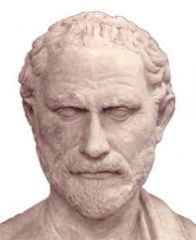
Demosthenes: Born: 384 BC, Athens, Greece |
That is law, which all men ought to obey for many reasons especially because law is an invention and gift of the Gods, a resolution of wise men, a corrective of errors intentional and unintentional, a compact of the whole state, according to which all men who belong to the state ought to live. |
|
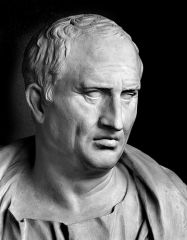
Marcus Tullius Cicero was a Roman philosopher, politician, lawyer, orator, political theorist, consul, and constitutionalist- Born: January 3, 106 BC, Arpinum, Rome |
Law is the highest reason implanted in nature, which prescribes those things which ought to be done, and forbids the contrary |
|
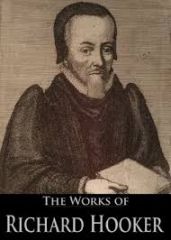
Richard Hooker- an English priest in the Church of England and an influential theologian. He was one of the most important English theologians of the sixteenth century. Born March 1554 Heavitree, Exeter, United Kingdom |
A law is properly that which Reason in such sort defineth to be good that must be done. |
|
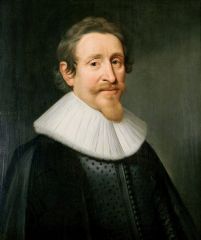
Hugo Grotius, also known as Huig de Groot or Hugo de Groot, was a Dutch jurist. Along with the earlier works of Francisco de Vitoria and Alberico Gentili, Grotius laid the foundations for international law, based on natural law. Born: April 10, 1583, Delft, Netherlands |
A rule of moral action obliging to that which is right |
|
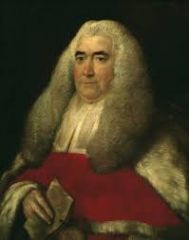
Sir William Blackstone SL KC was an English jurist, judge and Tory politician of the eighteenth century. He is most noted for writing the Commentaries on the Laws of England. Born: July 10, 1723, City of London, United Kingdom |
A rule of civil conduct prescribed by the Supreme power in a state, commanding what is right, and prohibiting what is wrong. |
|
|
Sheldon Amos (1835–1886) was an English jurist |
A command proceeding from the supreme political authority of a state and addressed to the persons who are the subjects of that authority. |
|
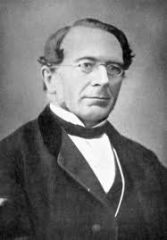
Rudolph Ritter von Jhering was a German jurist. He is best known for his 1872 book Der Kampf ums Recht, as a legal scholar, and as the founder of a modern sociological and historical school of law. Born: August 22, 1818, Aurich, Germany |
The sum of the rules of constraint which obtain in a state. |
|
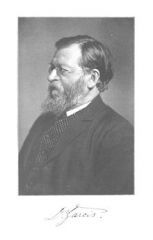
Karl Heinrich Franz Gareis- German Jurist |
Law in the objective sense of the term is a peaceable ordering of the external relations of men and their relations to each other. |
|
|
Tolstoi |
Rules established by men who have control of organized power and which are enforced against the recalcitrant by the lash, prison, and even murder |
|
|
Russian Penal Code, Article 590 |
Law is a system of social relationships which serves the interests of the ruling classes and hence is supported by their organized power, the state |
|
|
opinion |
a result that is accompanied by an explanation of the court's reasoning |
|
|
common law system |
A legal system which is heavily dependent upon judicial interpretation of the law- one recognizes judicial opinions themselves as law |
|
|
F. Pollock "Common law" |
The rules of law which are not created or declared by express enactment but developed by the courts from principles founded in the "custom of the realm" or deemed so to be: "such laws as were generally taken and holden for law before any statute was made to alter the same." In this sense common law is opposed to statute law, although many statutes enacted by the Legislature have been common law," making no change in the substance of the law, but defining in authoritative terms rules that were already recognized. |

